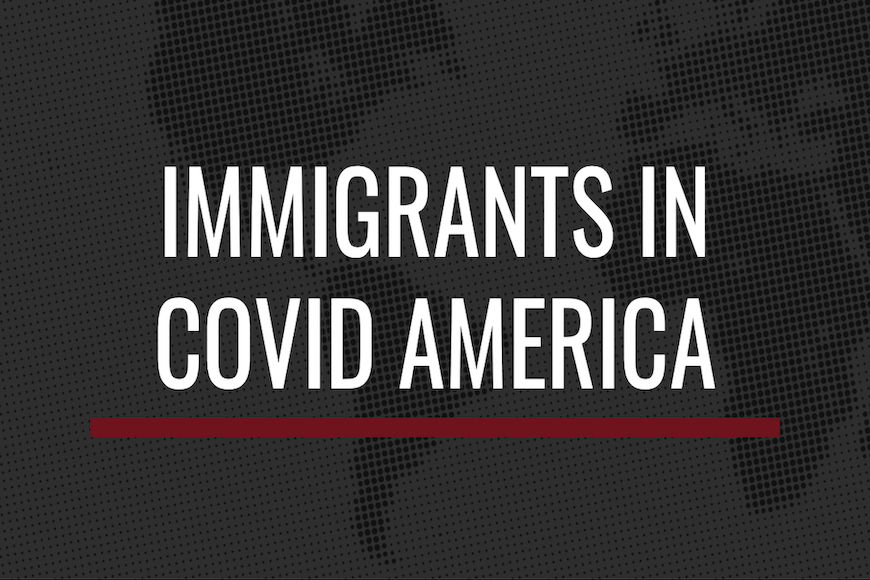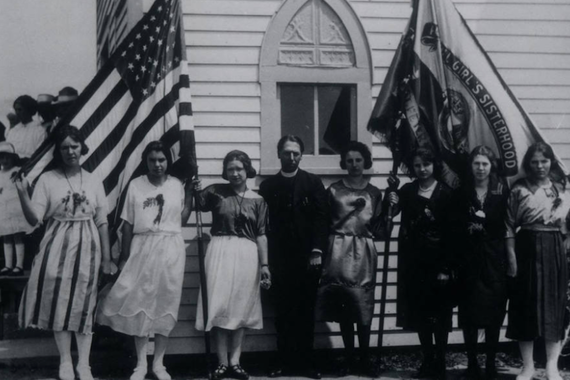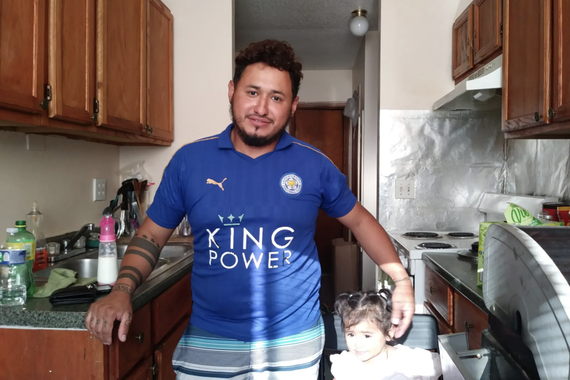IHRC Research Spotlight on COVID-19 Vaccine Accessibility
The IHRC has recently published a research spotlight on COVID-19 Vaccine Accessibility as part of its Immigrants in COVID America project. Authored by Isabella Rolland, a second-year Masters of Public Health student at the University of Minnesota and the IHRC’s Communications Associate, this report examines how many vaccine policies failed to acknowledge the long and complicated history of vaccine accessibility in the U.S. and how COVID-19 has disproportionately impacted refugees, immigrants, and migrants in the U.S.
Key Takeaways:
- In the U.S., immigrants, migrants, refugees, and other people of color are at a greater risk of being infected by and dying from COVID-19. These communities have faced obstacles accessing health care for generations, and have suffered disparities stemming from high uninsured rates, language barriers, and distrust of the American medical system.
- Vaccines are one tool to help us overcome the pandemic, but to mitigate the long-term health impacts that we have seen due to COVID-19, we must also address the systemic inequalities faced by immigrants, migrants, refugees, and other communities of color in the U.S.
- It is important to support solutions to the vaccine equity problems that vulnerable communities face, which includes increasing proper public health guidance, training, and community education/outreach.
Download “Identifying Obstacles to COVID-19 Vaccine Accessibility for Immigrant and POC Populations”
And check out the updated Immigrants in COVID America project website which now includes data and reporting up through March of 2021.



